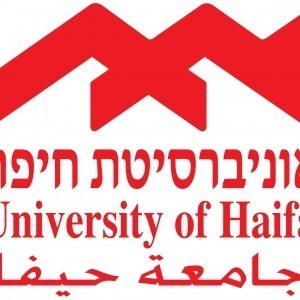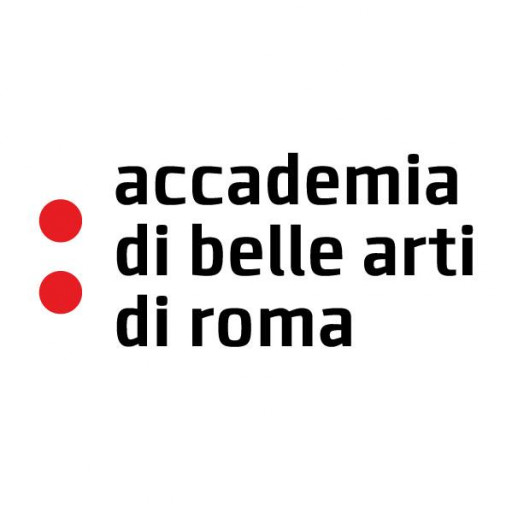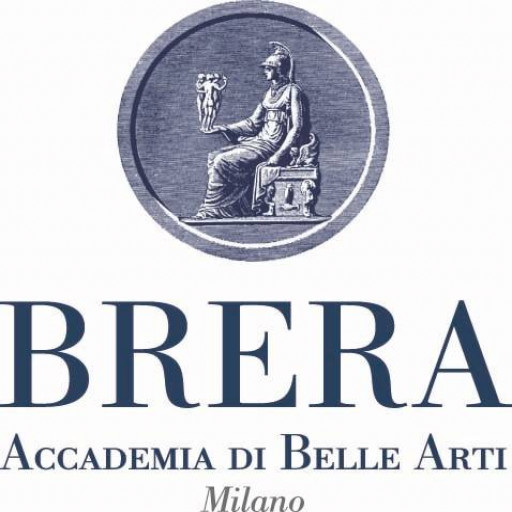Photos of university / #university_of_haifa
The Art Therapy program at the University of Haifa offers a comprehensive multidisciplinary education designed to prepare students for professional practice in the mental health and creative arts fields. This program combines theoretical coursework with practical hands-on experience, emphasizing the use of artistic expression as a therapeutic tool to foster emotional well-being, personal growth, and healing. Students explore the fundamentals of psychology, counseling, and expressive arts, gaining insights into human development, trauma, and cultural diversity. The curriculum integrates coursework in visual arts, therapeutic techniques, ethical considerations, and clinical practice, allowing students to develop a versatile skill set tailored to various settings such as hospitals, clinics, schools, and community organizations. Under the guidance of experienced faculty members, students engage in supervised practicum placements that provide real-world experience in applying art-based interventions. The program also encourages research and innovation in the field of art therapy, promoting critical thinking and evidence-based practice. Graduates of the Art Therapy program are equipped to work with diverse populations, including children, adolescents, adults, and the elderly, addressing a range of psychological and emotional challenges through creative processes. The University of Haifa’s program adheres to international standards for professional certification and promotes ethical practices within the field. Upon completing the program, students receive a qualification that enables them to pursue licensure or registration as professional art therapists, contributing positively to individual and community mental health. The program is suitable for individuals passionate about art and psychology, who aspire to make a meaningful impact through creative therapeutic interventions.
The Master’s degree program in Art Therapy at the University of Haifa is a comprehensive and innovative program designed to prepare students for professional practice in the field of art therapy. The program provides students with a solid foundation in psychological theory, counseling techniques, and the principles of artistic expression, integrating these areas to equip graduates with the skills needed to facilitate mental health and emotional well-being through art.
Throughout the program, students engage in a multidisciplinary curriculum that combines coursework in psychology, psychotherapy, counseling methods, and art therapy techniques. They explore various therapeutic modalities, developmental psychology, and the physiological and psychological benefits of creative expression. Emphasis is also placed on understanding diverse client populations, including children, adolescents, adults, and individuals with special needs or mental health challenges.
Practical training is a core element of the program. Students participate in supervised clinical internships where they gain hands-on experience working with clients in real-world settings, such as hospitals, community clinics, special education centers, and mental health institutions. These internships allow students to develop their therapeutic skills, learn to establish effective therapeutic relationships, and apply their artistic skills in a clinical context.
The program also emphasizes ethical considerations, cultural competence, and the importance of a personalized therapeutic approach. Students are encouraged to explore their own artistic expression as a means of self-development and supporting their clients’ growth. Courses in research methods and program evaluation prepare students to critically assess their work and keep abreast of the latest developments in the field.
Graduates of the Art Therapy program at the University of Haifa are equipped to work as licensed art therapists, integrating artistic processes with evidence-based psychological practices. They can work in diverse settings, including hospitals, clinics, educational institutions, rehabilitation centers, and private practice. The program's unique integration of artistic and psychological training aims to foster creative, empathetic, and effective professionals committed to improving mental health through the therapeutic power of art.
The Master’s degree program in Art Therapy at the University of Haifa requires applicants to hold a bachelor's degree from an accredited institution, preferably in fields related to psychology, education, social work, or the arts, demonstrating a solid academic background. Prospective students must submit a completed application form along with official transcripts, curriculum vitae, and a personal statement outlining their motivation, relevant experience, and career goals in art therapy. Additionally, applicants are usually required to provide letters of recommendation from academic or professional referees who can attest to their suitability for graduate study and their interest in therapeutic practices involving art.
The program emphasizes both theoretical knowledge and practical skills; therefore, candidates are expected to engage in coursework covering the theoretical foundations of art therapy, psychological theories, and clinical practices. Practical training includes supervised internships or fieldwork, where students apply their learned skills in real-world settings such as clinics, hospitals, or community centers. To complete their degree, students must satisfactorily pass all coursework and examinations, participate actively in seminars and workshops, and complete a thesis or final project demonstrating their ability to integrate art-based techniques into therapeutic interventions.
Language proficiency requirements depend on the applicant's background; for non-native English speakers, proof of proficiency via standardized tests such as TOEFL or IELTS may be necessary. The program may also require an interview as part of the admissions process to assess the applicant’s motivation and interpersonal skills essential for therapy practice. The total duration of the program is typically two years for full-time students, involving a combination of coursework, practicum placements, and research activities. The program aims to prepare graduates for professional careers as registered art therapists, capable of working with diverse populations and using creative processes to promote mental health and well-being.
The Art Therapy program at the University of Haifa offers a range of financing options designed to support students throughout their studies. The university provides several avenues for financial assistance, including government-funded scholarships, tuition waivers, and merit-based scholarships awarded to outstanding students. Additionally, students may be eligible for various grants and stipends aimed at promoting access to higher education for diverse populations. The university’s financial aid office collaborates with students to identify suitable funding sources and assist with the application process. International students can explore specific scholarship programs available to them, which are often based on academic achievement or financial need. Furthermore, the university encourages students to seek external funding opportunities, including scholarships from arts foundations and cultural organizations that support mental health and creative therapies. Students are advised to carefully review the eligibility criteria for each program and submit applications early to maximize their chances of receiving financial support. Payment plans are also available for enrolled students who prefer to spread tuition fees over several installments. The university’s policy aims to reduce financial barriers and foster an inclusive academic environment, ensuring that talented individuals can pursue advanced studies in art therapy without undue hardship. Financial aid packages are often tailored to individual circumstances, and students are encouraged to consult with the financial aid department for personalized guidance. Overall, the University of Haifa strives to offer comprehensive financial support to enhance the educational experience of its art therapy students, enabling them to focus on developing their professional skills and contributing meaningfully to the mental health field through creative therapeutic practices.
The Art Therapy program at the University of Haifa is designed to provide students with comprehensive training in the theoretical and practical aspects of art therapy. This graduate program aims to equip students with the skills necessary to use art as a medium for psychological healing and personal development. Throughout the curriculum, students explore various artistic methods and therapeutic techniques, integrating knowledge from psychology, art, and counseling to facilitate emotional expression and processing in diverse populations. The program emphasizes experiential learning, with students engaging in supervised clinical practice to develop their therapeutic competencies. Students are introduced to different therapeutic modalities, including individual and group therapy, and are taught to tailor interventions to meet the needs of clients facing mental health challenges, trauma, or developmental disorders. The faculty consists of experts in psychology, art, and therapy, fostering an interdisciplinary environment that encourages innovative approaches to art therapy. The program also emphasizes research skills, encouraging students to participate in scholarly projects that contribute to the advancing field of art therapy. Graduates of the program will be prepared to work in clinical settings, hospitals, community health organizations, schools, and private practice, providing art therapy services to diverse client populations. The program aims to foster creative, empathetic, and culturally competent practitioners capable of making meaningful contributions to mental health and well-being through the arts. The academic experience is complemented by internship opportunities, seminars, and workshops that enhance practical skills and professional development. Overall, the Art Therapy program at the University of Haifa is committed to developing well-rounded professionals who leverage artistic processes to facilitate healing and personal growth.








